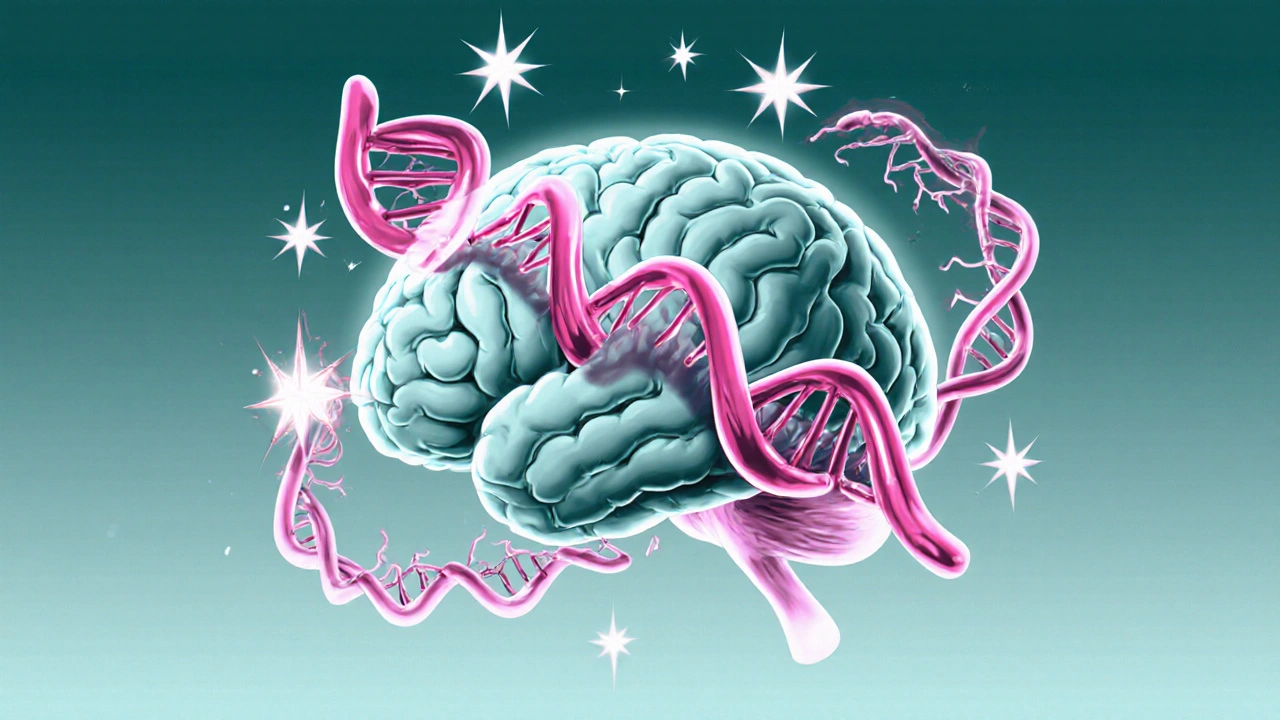Explore the latest on how genetics influences seizure disorders, key genes, testing options, treatment impact, and practical steps for patients and families.
Genetics and Seizures: How Inherited Factors Influence Epilepsy and Seizure Risk
When we talk about genetics and seizures, the role of inherited DNA in triggering abnormal brain electrical activity that leads to seizures. Also known as epilepsy genetics, it’s not just about having a family member with seizures—it’s about specific gene changes that raise your risk, alter how drugs work, or even determine which treatment will help most.
Seizures don’t just happen out of nowhere. In many cases, they’re tied to mutations in genes like SCN1A, a gene that controls sodium channels in brain cells; when it’s faulty, it can cause severe childhood epilepsy syndromes like Dravet syndrome, or LGI1, linked to a form of adult-onset focal epilepsy that responds well to specific anti-seizure drugs. These aren’t rare anomalies—they show up in over 30% of people with epilepsy who have no obvious brain injury or infection. Even if you’ve never had a seizure, knowing your family history can help doctors spot early signs before they become serious.
It’s not just about predicting seizures—it’s about personalizing care. Some genetic variants make certain medications more effective, while others make them dangerous. For example, people with a specific HLA-B*15:02, a genetic marker common in Asian populations can have life-threatening skin reactions to carbamazepine, a common seizure drug. That’s why genetic testing is no longer just for research labs—it’s becoming a standard part of epilepsy care, especially for kids with unexplained seizures or families with multiple affected members.
What you’ll find in the posts below isn’t theory—it’s real-world insight. You’ll see how gene mutations connect to specific seizure types, what testing actually looks like for patients, and how knowing your genetic profile changes treatment choices. No fluff. No guesswork. Just clear, practical info based on what doctors and researchers are seeing today.

